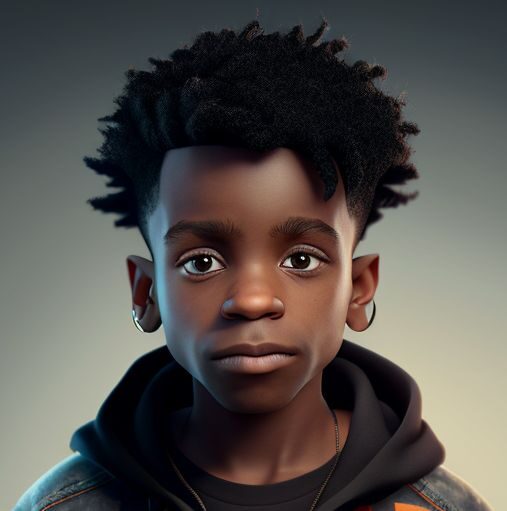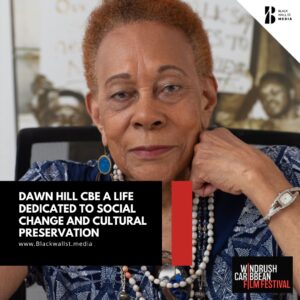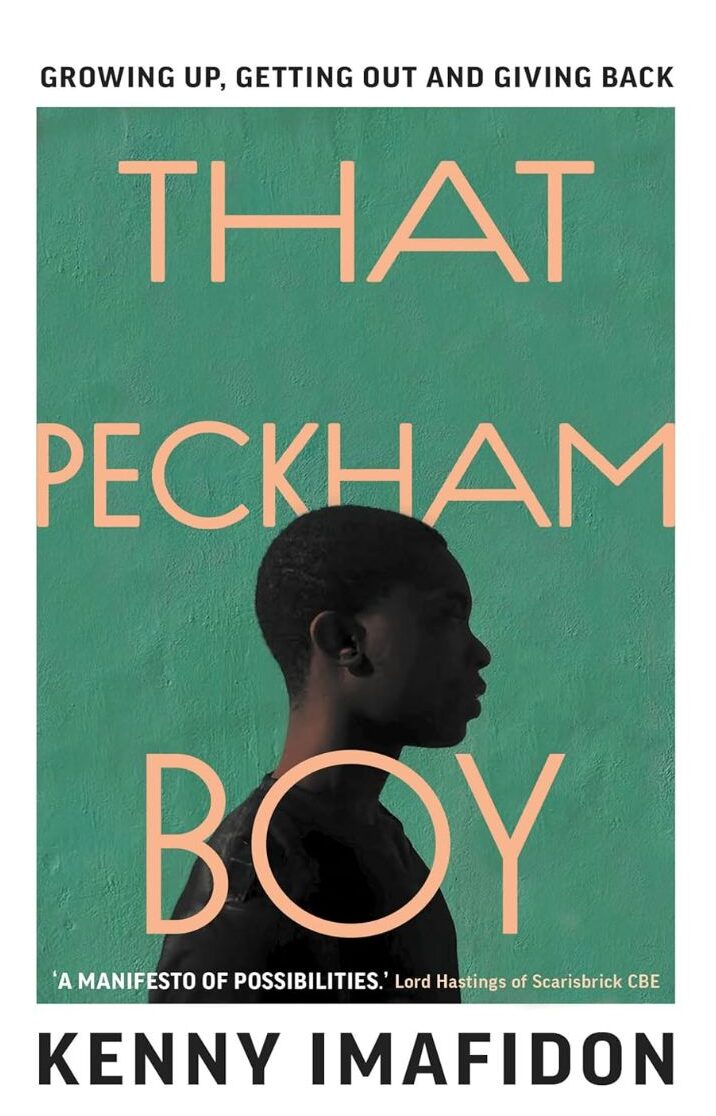By Kimberly N. Parker
Black boys need to know their voices and ideas matter.
It didn’t take long last year for my 8-year-old son to tell me how his 2nd-grade writing curriculum was going.
“It’s boring,” Leo said, explaining how he’d been writing the same informational paragraph for weeks, and that each paragraph “had to have four sentences.”
We talked about how he could advocate for different writing tasks, especially ones he was interested in.
Later, Leo reported back, telling me that in response to his request, his teacher had assigned him to write more paragraphs of the same type.
His year followed that same pattern: practice of one type of writing (an informational paragraph about a topic he didn’t select or a story focusing on plot elements), and very little, if any, variation or extension.
No wonder he developed a resistance to writing.
As a literacy educator who writes regularly, and as someone who believes in children’s right to practice wide-ranging literacies, I’ve spent this fall attempting to reconnect my child to his literacy life.
This effort has helped me think about how, if we want Black boys and other children of color to envision and enact powerful writing lives, we have to move beyond limiting understandings of teaching writing.
A Year of Missed Writing Opportunities
I learned more about what made writing boring for Leo. He told me about several writing tasks that seemed to last the whole year. There was also daily journaling time driven by a teacher-generated prompt.
When I asked teachers and the principal where choice existed in these curricular decisions, I was told that the writing curriculum selected by teachers—and their comfort with it—were the driving factors. Children did have choice, they insisted—as long as that choice fit within what the teacher understood to be correct.
When I mentioned all the different types of informational writing in our world that children might practice, I was often met with explanations about time constraints and preparing for standardized testing.
Thus, day after day, my child and his peers did the same type of writing, with limited ability to move beyond school-based demands. Leo did find ways to write the stories he desired, but subversively. “I’m making a comic on the back of my paper,” he told me one day. His in-class writing became a chore, certainly not a practice Leo regarded as pleasurable.
Leo is deep into the world of graphic novels, comics, and finely illustrated stories. He consumes these texts voraciously. In an expansive literacy practice, these would be considered mentor texts.
He would be guided by adults and peers to read some that were informational, historical, or that mirrored and expanded his interests. He could adapt the task of writing informational paragraphs to writing some expository text in the genre of, say, a graphic novel for an audience of his choosing.
Leo specifically asked his teacher if that was possible—and was told no.
Young Black writers need to know their voices and ideas matter. They should understand different writing styles and genres—and that adapting one’s writing style for particular purposes is a powerful skill. Such understanding requires exposure, study, and practice writing of these types of texts.
My son and others might have learned such lessons had they been allowed to move outside the lesson plans. (Scroll down >>)
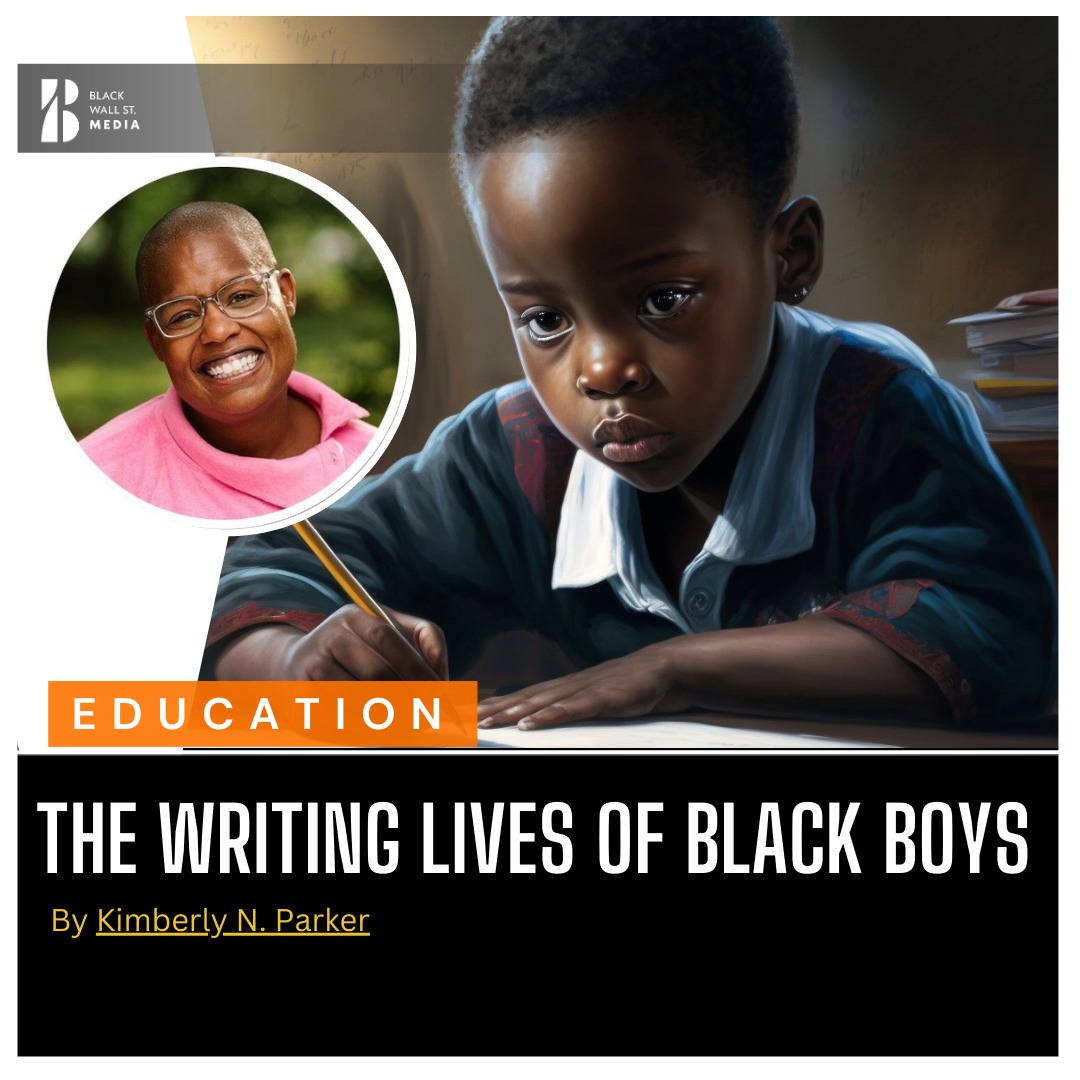
 Black boys have so much to say. When we limit their output to narrow definitions, we deny them the power of their words.
Black boys have so much to say. When we limit their output to narrow definitions, we deny them the power of their words.
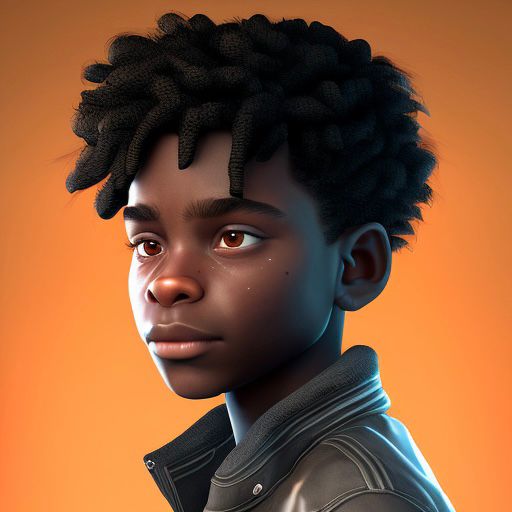
Supporting Young Black Students as Intellectuals
“Black boys need multiple opportunities to ask questions of themselves, the curriculum, and the world they live in,” argue Sakeena Everett and Tamara Moten (2022).
If we frame the moments in a 2nd-grade classroom, for instance, as opportunities for connecting writing to authentic questions and real life—which is the work of critical thinking—we understand the gravity of what’s lost with the kind of instruction Leo experienced.
More specifically, limiting opportunities for Black boy writers and other Black children furthers the stark inequities that have long permeated their literacy experiences.
When white teachers—and even Black teachers who have internalized anti-Blackness—don’t understand Black children’s writing capacities or wish to cultivate them, the implications are large.
For 8-year-olds to have their voices and input consistently devalued not only thwarts chances to develop a positive relationship with writing—it’s dehumanizing.
Essential to teaching young learners is focusing on the writing process and inviting students, especially those of color, to write for authentic purposes.
The National Council of Teachers of English (2022) asserts:
In school settings, writing is often perceived and enacted as a gatekeeping device, which contributes to achievement gaps. … This happens when writing instruction and assessments focus on the writing—the products that are ultimately assessed and evaluated—rather than on [the process] and the writers themselves.
I believe in the capacity of Black boys to be intellectuals.
That stance means we must raise our horizons about the expectations of the writing they undertake.
If we are to see Black boys as the powerful writers they can be in our classrooms, we must move beyond rote writing tasks and teach and encourage them to embrace authentic tasks for audiences and purposes they choose.
Literacy scholar Alfred Tatum (2021) writes:
It is not enough to have Black boys write. It is important that excellent writing becomes part of their academic and intellectual signatures. Their writing should also lead them to ask their own questions as a foundation to focusing on the life of the mind and planning personal or social agendas.
I’m learning what lights Leo up with writing. Listening to his interests, engaging his imagination, and finding mentor texts for him to use as guides helps. Holding a time and space for him to compose daily motivates him to write, especially when he can play with literary craft and share what he wrote afterwards. I see our work together as a necessary invitation to restart his writing life in wide, wonderful ways.
But I’m constantly thinking of the many Black boys who are being pushed further away from their own voices and writing capacities daily when we refuse to see them as writers or provide the support they need to write in ways meaningful to them.
Black boys have so much to say.
When we limit their writing output to narrow definitions, we deny them the power of their words and pathways to becoming brilliant writers. Let’s start listening to what they want to write about and supporting them as they create a writing life they’re passionate about.
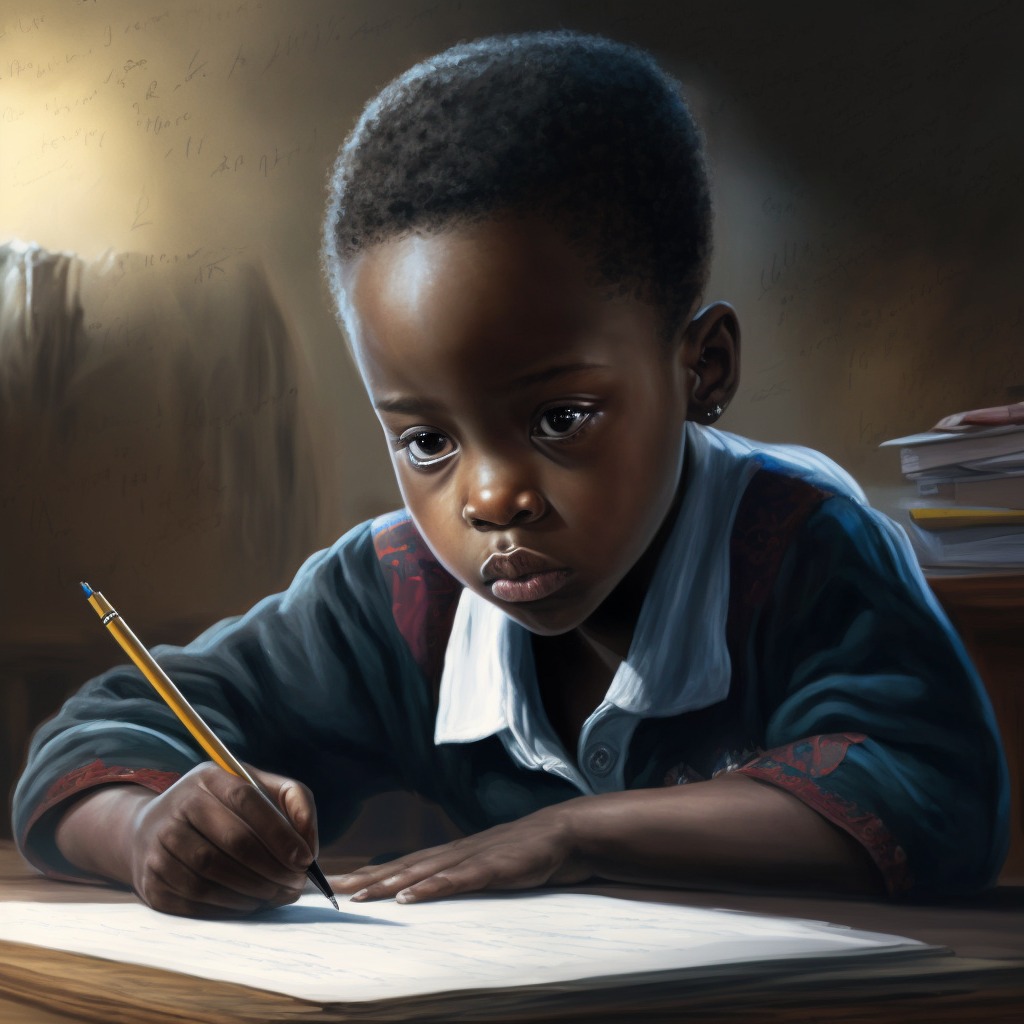
Literacy Is Liberation
When teachers put culturally relevant pedagogies into action, the literacy classroom can become a space for learners to explore diverse texts, collaboratively dismantle inequities, and let their spoken and written voices be heard.

